H.R. 2352: Abolish Super PACs Act
The Abolish Super PACs Act aims to regulate the contributions to Super Political Action Committees (Super PACs) by amending the Federal Election Campaign Act of 1971. Here’s a breakdown of what the bill proposes:
1. Purpose of the Bill
The bill has several key objectives:
- To limit the potential for corrupt agreements between candidates and contributors by placing restrictions on contributions to political action committees that make independent expenditures.
- To reduce the appearance of corruption associated with large, uncapped contributions to these committees.
- To restore public trust in the electoral process.
2. Findings
The bill identifies several important findings related to campaign financing:
- Contribution limits historically help prevent corruption and its appearance in electoral politics.
- Since the lift of contribution limits on Super PACs in 2010, their influence and wealth have surged, making them crucial to the success of federal candidates.
- Large Super PAC contributions have disproportionately come from a small number of wealthy donors, raising concerns about corruption and unequal influence in politics.
- There is a growing perception among Americans that large contributions to Super PACs lead to political favors, which undermines confidence in government.
- Super PACs present a risk of foreign interference in elections, as unrestricted contributions can be funneled from foreign sources through complex channels.
3. Contributions Limitations
The bill proposes specific changes to how contributions to independent expenditure committees are regulated:
- It amends existing laws to clarify that limits apply to contributions to independent expenditure committees, which are identified as political committees making independent expenditures or contributing to other such committees.
- An independent expenditure committee is defined as one that either makes independent expenditures totaling $5,000 or more in a calendar year or contributes that amount to other independent expenditure committees.
- Separate accounts established by political committees for independent expenditures will also be treated as independent expenditure committees.
4. Effective Date
The proposed amendments would take effect starting from the first calendar year after the bill is enacted, applying to all subsequent years as well.
Relevant Companies
None found.
This is an AI-generated summary of the bill text. There may be mistakes.
Sponsors
10 bill sponsors
-
TrackSummer L. Lee
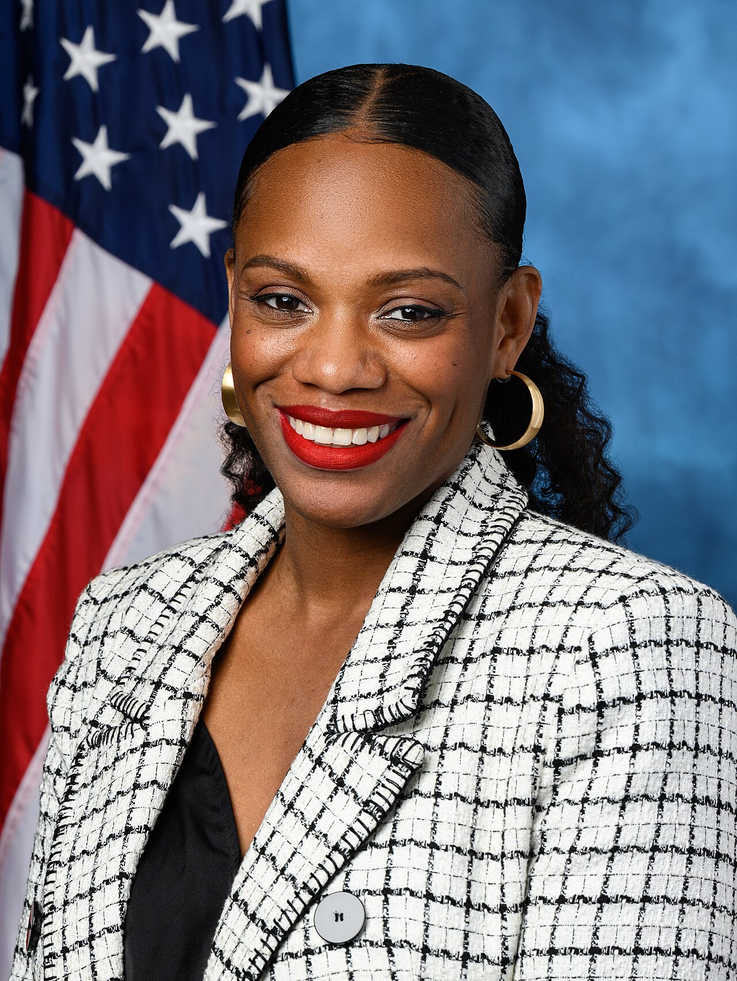
Sponsor
-
TrackChristopher R. Deluzio
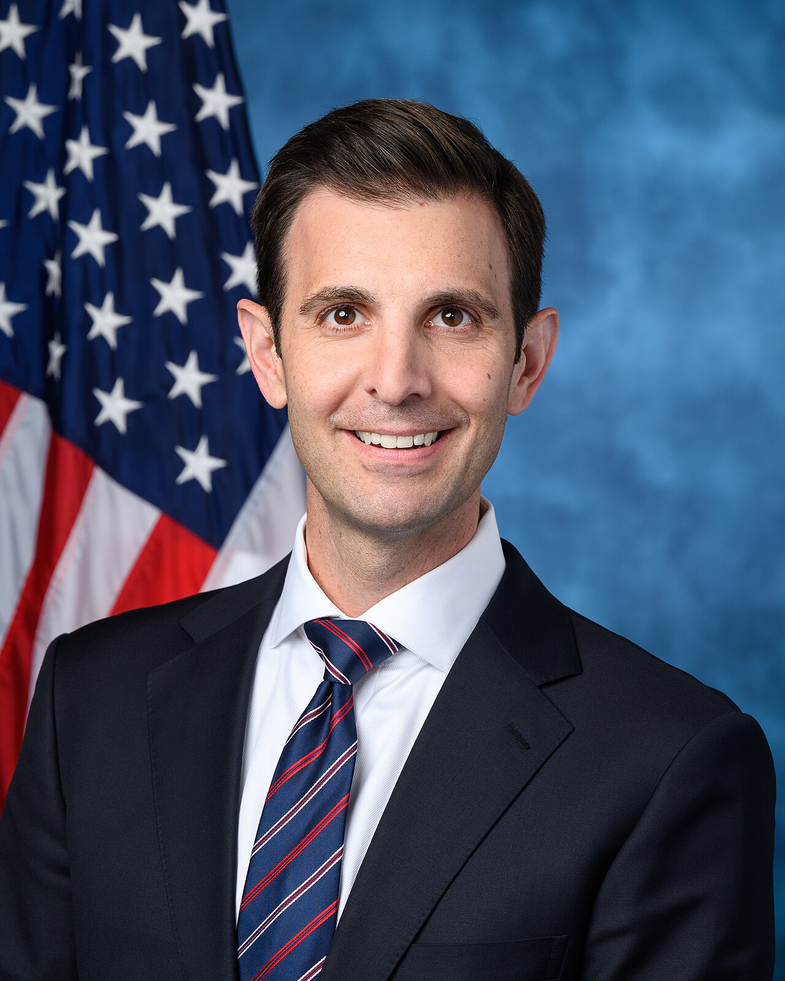
Co-Sponsor
-
TrackJesús G. "Chuy" García
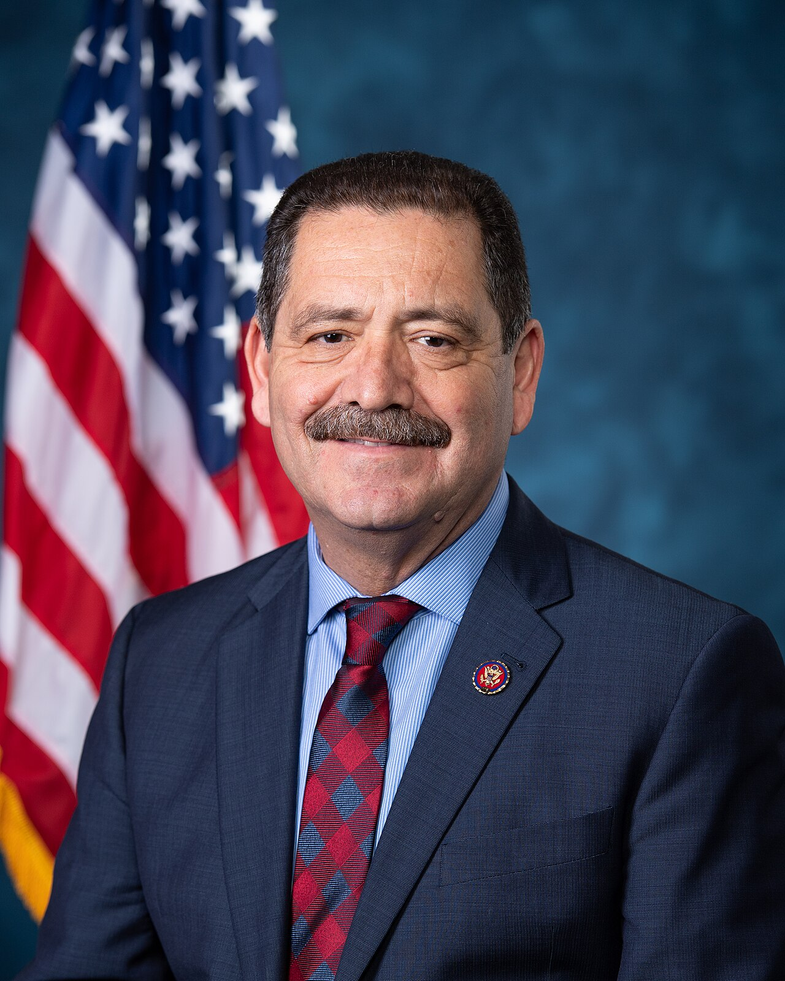
Co-Sponsor
-
TrackPramila Jayapal
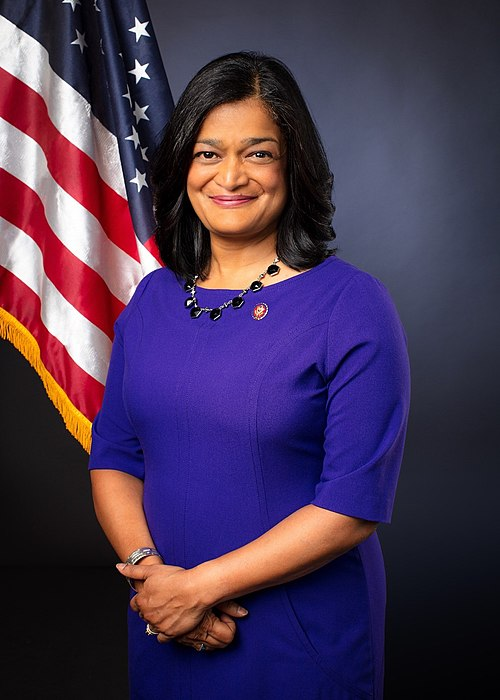
Co-Sponsor
-
TrackRo Khanna

Co-Sponsor
-
TrackJames P. McGovern
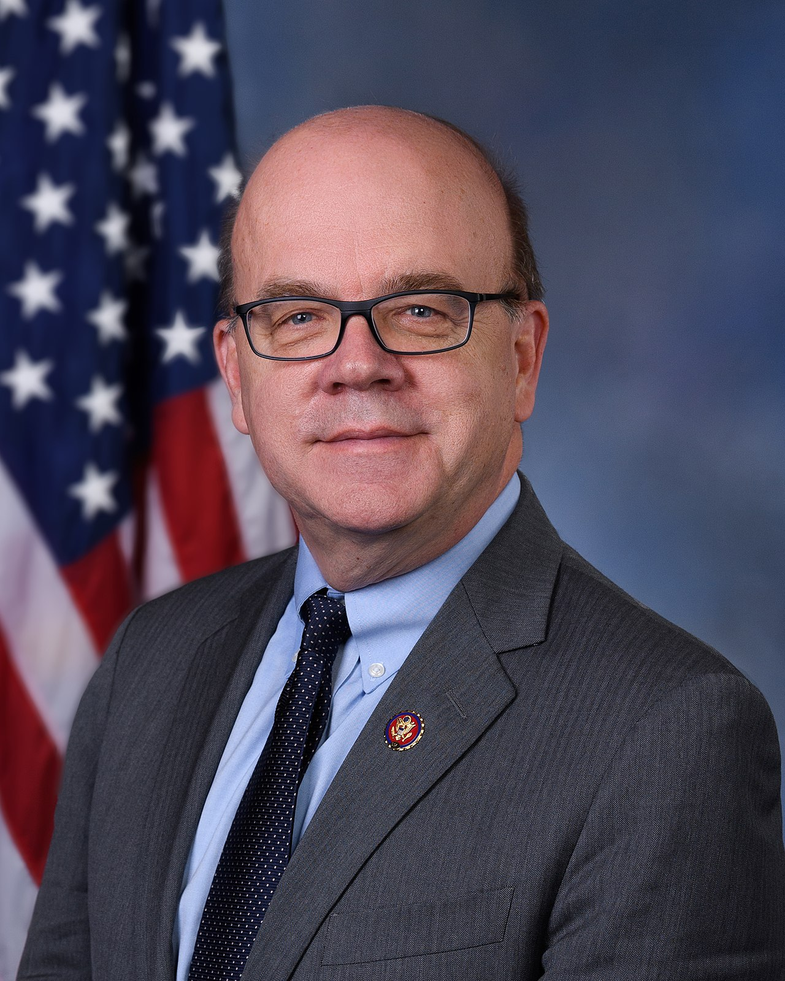
Co-Sponsor
-
TrackKelly Morrison
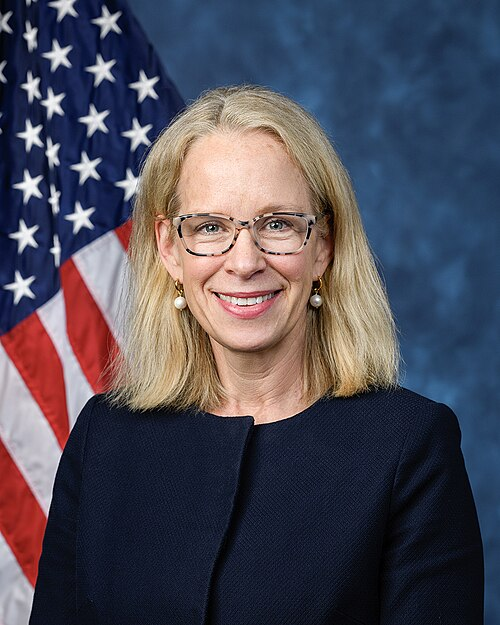
Co-Sponsor
-
TrackDelia C. Ramirez
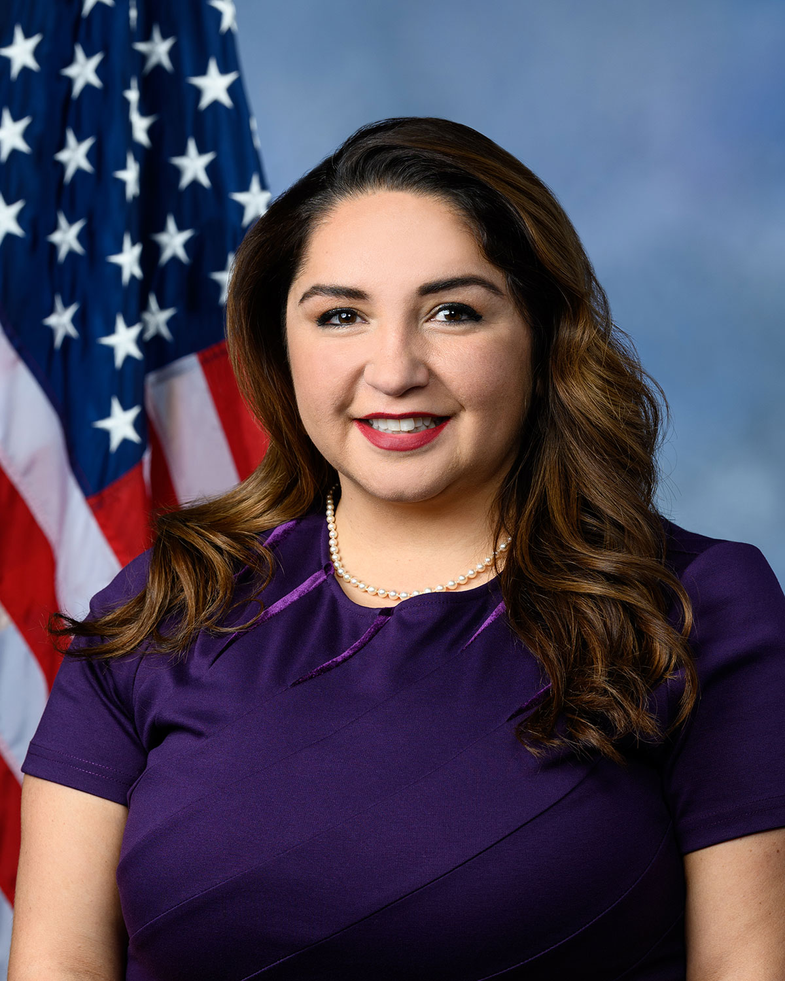
Co-Sponsor
-
TrackMelanie A. Stansbury
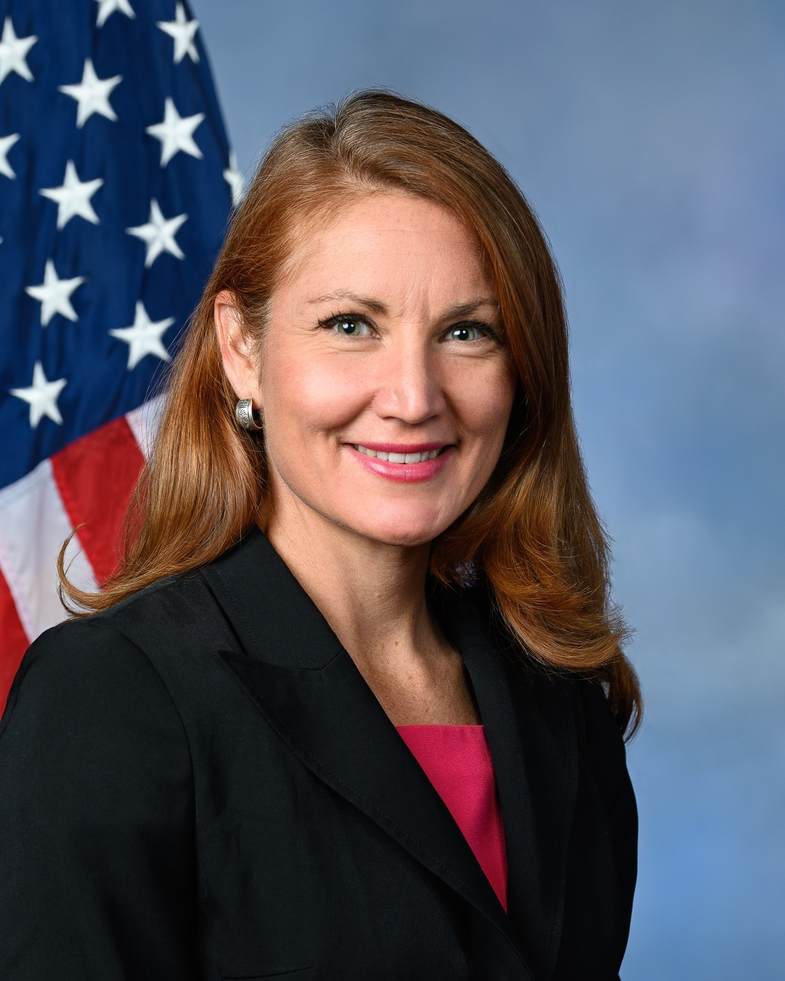
Co-Sponsor
-
TrackRashida Tlaib
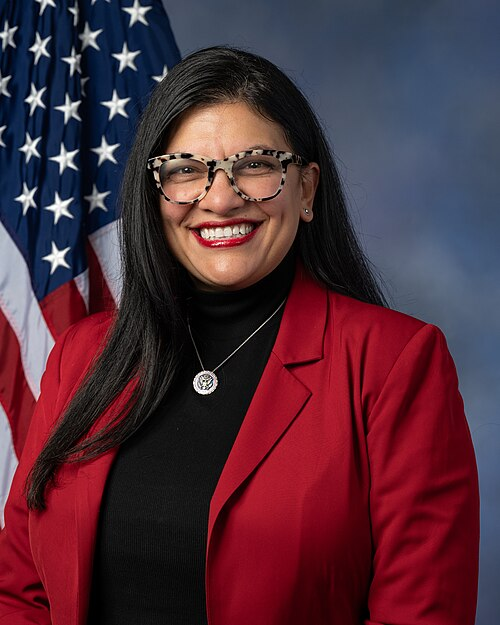
Co-Sponsor
Actions
2 actions
| Date | Action |
|---|---|
| Mar. 26, 2025 | Introduced in House |
| Mar. 26, 2025 | Referred to the House Committee on House Administration. |
Corporate Lobbying
0 companies lobbying
None found.
* Note that there can be significant delays in lobbying disclosures, and our data may be incomplete.
Potentially Relevant Congressional Stock Trades
No relevant congressional stock trades found.